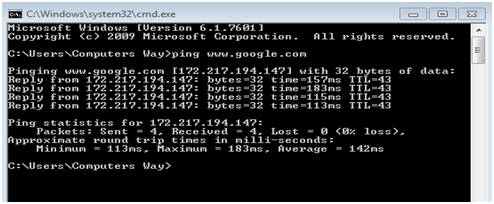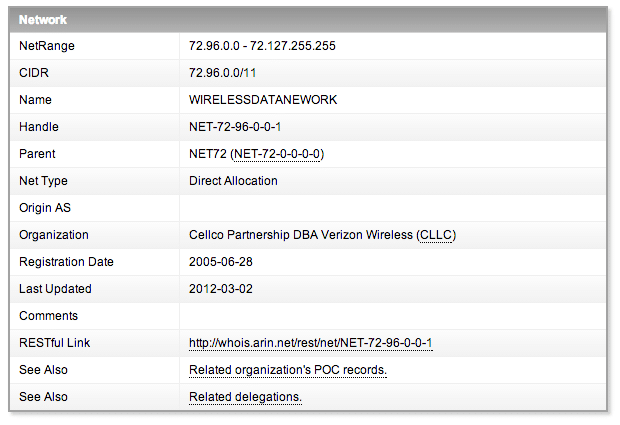

This is because you will be using another network (Wi-Fi at a hotel, airport, or coffee shop, etc.) to access the internet and will be using a different (and temporary) IP address, assigned to you by the ISP of the hotel, airport or coffee shop.Īs the process implies, there are different types of IP addresses, which we explore below. When you are out and about – for example, traveling – and you take your device with you, your home IP address does not come with you.Or you can contact your ISP, and they can change it for you. For example, turning your modem or router on or off can change it. Since they are giving you access to the internet, it is their role to assign an IP address to your device. Your internet activity goes through the ISP, and they route it back to you, using your IP address.Your IP address is assigned to your device by your ISP.At work, it will be your company network. When you are at home, that network will probably be your Internet Service Provider (ISP).

Link to track ip address how to#
Watch this video to learn what IP address is, why IP address is important and how to protect it from hackers: How do IP addresses work Each time anyone registers a domain on the internet, they go through a domain name registrar, who pays a small fee to ICANN to register the domain. ICANN is a non-profit organization that was established in the United States in 1998 to help maintain the security of the internet and allow it to be usable by all. They are mathematically produced and allocated by the Internet Assigned Numbers Authority (IANA), a division of the Internet Corporation for Assigned Names and Numbers (ICANN). Each number in the set can range from 0 to 255. IP addresses are expressed as a set of four numbers - an example address might be 192.158.1.38. What is an IP Address?Īn IP address is a string of numbers separated by periods. IP addresses provide a way of doing so and form an essential part of how the internet works. The internet needs a way to differentiate between different computers, routers, and websites. In essence, IP addresses are the identifier that allows information to be sent between devices on a network: they contain location information and make devices accessible for communication. IP stands for "Internet Protocol," which is the set of rules governing the format of data sent via the internet or local network.
An IP address is a unique address that identifies a device on the internet or a local network.


 0 kommentar(er)
0 kommentar(er)
